How Hurricane Irma blew away the beach in Miami Beach
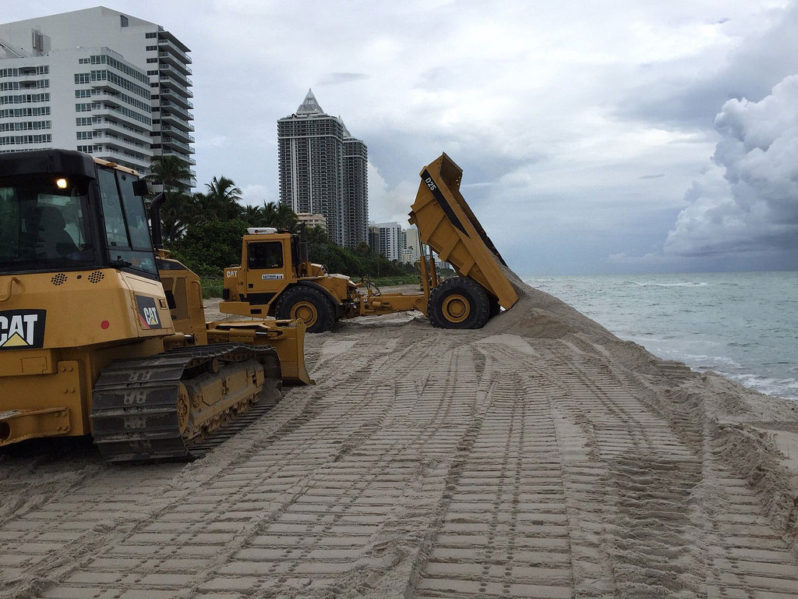
Hurricane Irma smacked Miami Beach’s shoreline with enough wind and rain to reshape some of the water’s edge, including washing away chunks of sand from a recently completed $11.5 million beach widening project.
Gulf Spill oil dispersants associated with health symptoms in cleanup workers, study
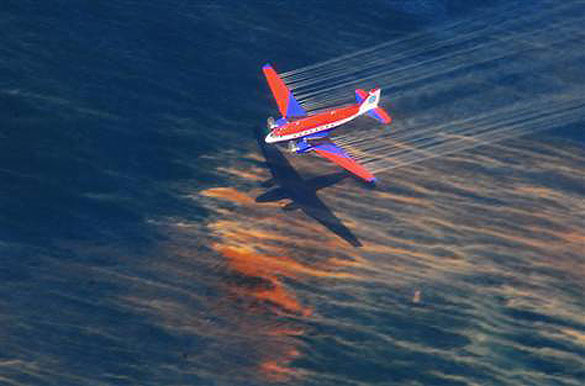
The study appeared online Sept. 15 in Environmental Health Perspectives and is the first research to examine dispersant-related health symptoms in humans.
Despite Rising Seas and Bigger Storms, Florida’s Land Rush Endures
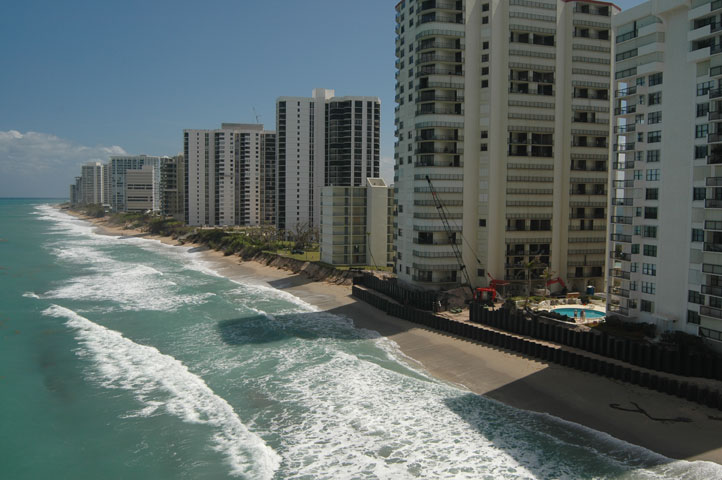
Florida was built on the seductive delusion that a swamp is a fine place for paradise.
Six square kilometers of Istanbul’s land reclaimed from the sea

Six square kilometers of land have been gained from Istanbul coasts and opened for urban use by filling up the sea. With the acceleration of such infrastructure work at the start of the millennium, professionals are warning about risks.
NASA/UCI Find Evidence of Sea Level ‘Fingerprints’
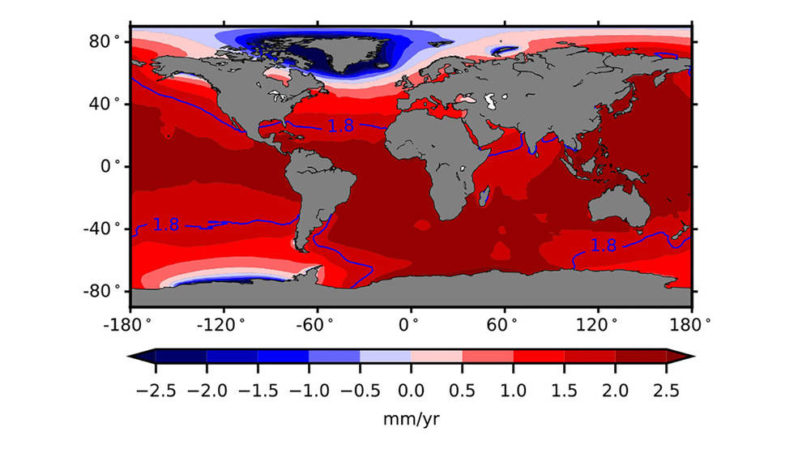
Researchers have reported the first detection of sea level “fingerprints” in ocean observations: detectable patterns of sea level variability around the world resulting from changes in water storage on Earth’s continents and in the mass of ice sheets. Scientists had a solid understanding of the physics of sea level fingerprints, but have never had a direct detection of the phenomenon until now.
Taking the Long View: The ‘Forever Legacy’ of Climate Change

Climate change projections often focus on 2100. But the geological record shows that unless we rapidly reduce greenhouse gas emissions, we will be locking in drastic increases in temperatures and sea levels that will alter the earth not just for centuries, but for millennia.
Historical nautical maps show loss of coral reefs
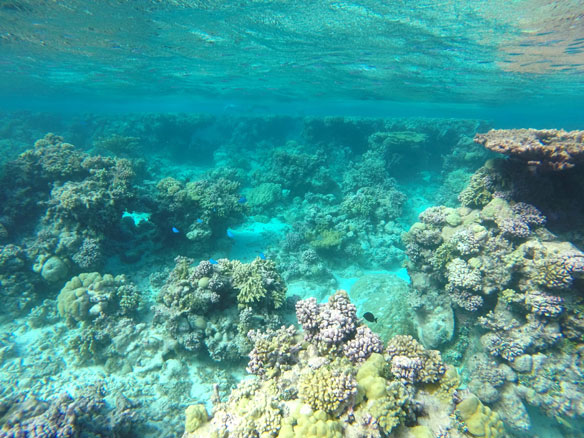
Scientists have used detailed nautical maps created by British sailors in the 1700s to study more than two centuries of coral loss in the Florida Keys. They found that over the past 240 years, the region has lost more than half of its coral structures, with some areas, particularly closer to shore, either gone completely or having lost up to 90 percent of their extent.
Biodiversity just as powerful as climate change for healthy ecosystems
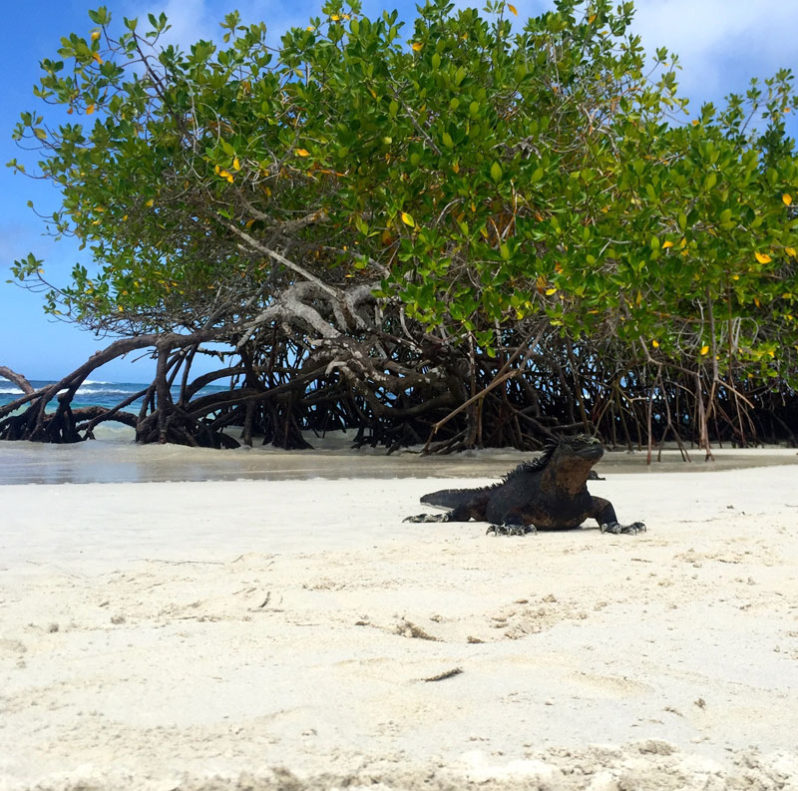
Biodiversity is proving to be one of humanity’s best defenses against extreme weather. In past experiments, diversity has fostered healthier, more productive ecosystems, like shoreline vegetation that guards against hurricanes.
Ship exhaust makes oceanic thunderstorms more intense
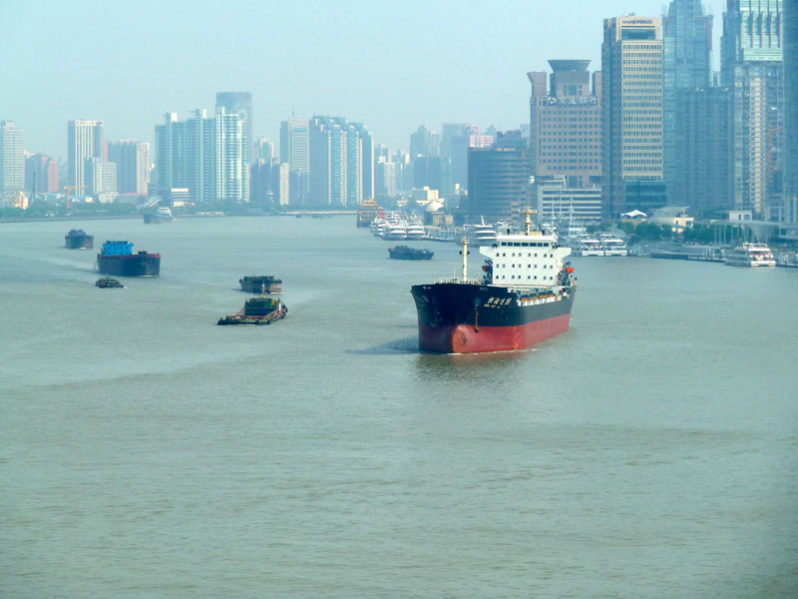
Thunderstorms directly above two of the world’s busiest shipping lanes are significantly more powerful than storms in areas of the ocean where ships don’t travel, according to new research.
